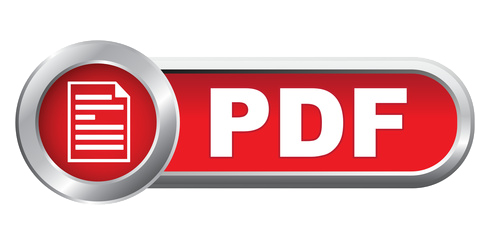Technical / Mechanical & Utility Engineering
Basic Hydraulics and Pneumatics
TM254
No Schedule Course Found, You can Request Schedule or ask for a proposal to get as in-House for your team. Request eProposale
Designed for beginners in maintenance and engineering, this course provides essential knowledge of hydraulic and pneumatic systems. Participants will gain insights into the principles, components, and real-world applications of fluid power in industrial settings. The course supports technical staff in building competencies for effective system operation, troubleshooting, and maintenance.
By the end of this course, participants will be able to:
- Understand fundamental principles of hydraulics and pneumatics
- Identify key system components and explain their functions
- Operate hydraulic and pneumatic systems safely and efficiently
- Perform routine maintenance and identify common system issues
- Diagnose and troubleshoot system malfunctions using appropriate tools
- Maintenance technicians
- Engineering students
- New engineers
- Technical staff in industrial settings
1. Introduction to Hydraulics and Pneumatics
- Basic Principles of Hydraulics
- Basic Principles of Pneumatics
- Comparison of Hydraulic and Pneumatic Systems
2. Hydraulic Components and Systems
- Pumps and Motors
- Valves and Cylinders
- Hydraulic Circuits and Diagrams
3. Pneumatic Components and Systems
- Compressors and Actuators
- Pneumatic Control Valves
- Pneumatic Circuit Design
4. Operation of Hydraulic and Pneumatic Systems
- System Start-Up and Operation
- Safety Considerations
- Energy Efficiency in Systems
5. Maintenance of Hydraulic and Pneumatic Systems
- Routine Maintenance Procedures
- Preventive Maintenance
- Common Maintenance Issues
6. Troubleshooting Techniques
- Diagnosing System Failures
- Troubleshooting Common Problems
- Using Diagnostic Tools
7. Applications of Hydraulics and Pneumatics
- Industrial Applications
- Mobile Hydraulics
- Pneumatics in Automation
8. Advancements in Hydraulics and Pneumatics
- New Technologies in Hydraulics
- Innovations in Pneumatics
- Future Trends in Fluid Power
The course combines various teaching methods, including instructor-led presentations, group discussions, case study analyses, and assessments through quizzes and a final exam to engage participants and ensure they understand and retain the material.
Terms & Conditions
ACTrain reserves the right to alter the Course Schedule without Prior Notification, Fees Quoted are Subject to Terms & Conditions Outlined in ACTrain's Registration Policy







